Breadcrumb
- Home
- Projects
Projects
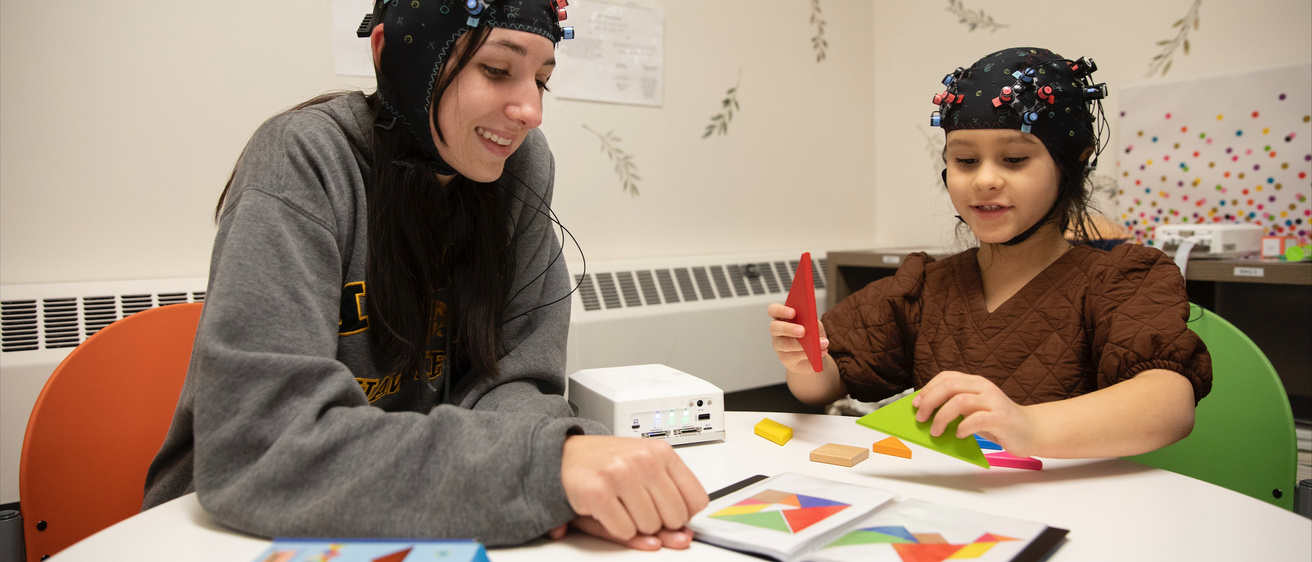
Development, Experience and Neurocognition Lab's research addresses the long-standing question of why some children fall behind their peers in academic achievement while others thrive. Early childhood differences in academic achievement predict many social and economic outcomes in adulthood, including employment, life satisfaction and health.
Research at the D.E.N. takes several major approaches to address this broad question. We combine behavioral methods that illuminate children’s home experiences with neuroimaging measures that reveal the neurocognitive basis of children’s academic performance. Our research leverages naturalistic, longitudinal observations and experimental designs to examine how the early parental input in the home environment relates to children’s later literacy and arithmetic skills. We complement this approach with structural and functional neuroimaging measures to analyze how parental background and parental input relate to the neurocognitive basis of children’s literacy and arithmetic skills, and how these neurocognitive correlates, in turn, relate to children’s academic success.
Many of our studies leverage a novel, child-friendly neuroimaging technique called functional near-infrared spectroscopy. If you are a researcher interested in learning more about this method, please see the fNIRS resource website and the fNIRS training videos our lab created for beginners.
Current Ongoing Projects
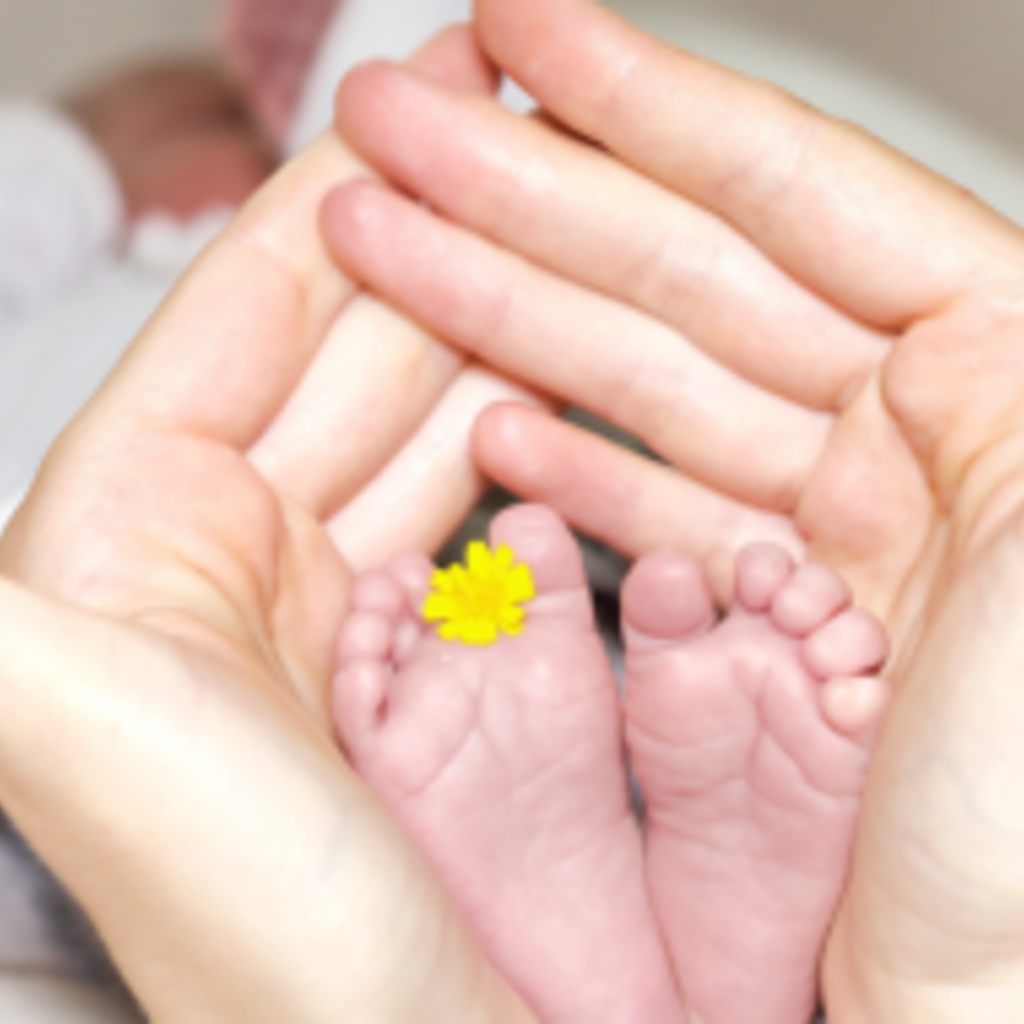
Preterm Birth Project
Each year in the United States, 1 in 10 babies is born prematurely. Long-term academic outcomes for children born preterm vary. In this line of projects, we focus on the numerical and spatial development of children with premature birth and seek to identify the sources of individual variability in their developmental trajectories in the first years of life. A specific focus is on the role of parent-child interactions in predicting children's developmental trajectories, as well as the role of parental mental health as risk/protective factors in these relations. This project is supported by the National Institute of Health and the UIowa Prevention Research Center for Rural Health.
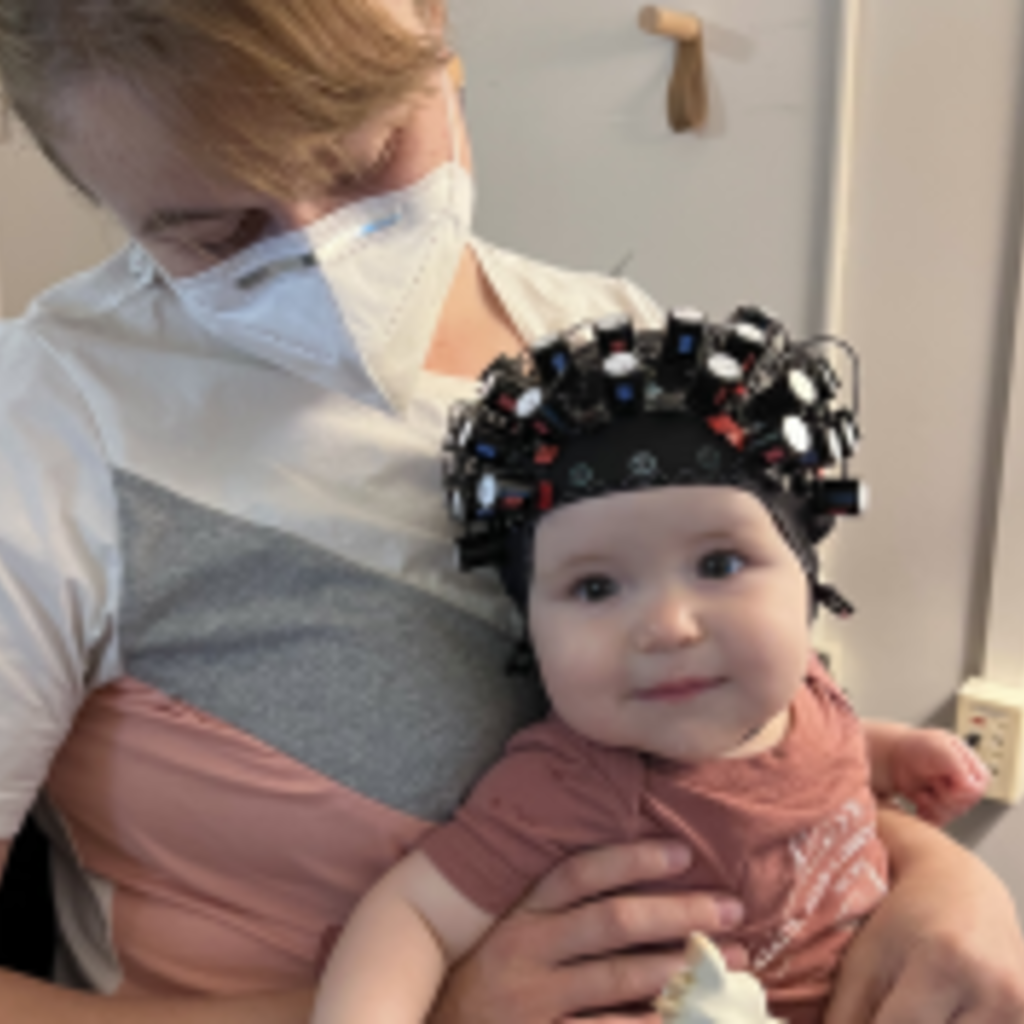
Preterm Research on Epigenetics, Metabolites, Infant development, Stress, and Environment (PREMISE) Project
Caregivers of VPT infants experience significantly increased psychological distress both in the NICU and during the transition from the NICU to a home environment can be very stressful. Literature on Term children show significant implications of caregiver stress on child behavioral, cognitive and neural development. The goal of this project is to better understand the relations between caregiver stress, caregiver-infant interactions, and neurodevelopment in infants born very preterm. To address this goal, we combine fNIRS measurements of infants with observational measures of caregiver-infant interactions as well as caregiver stress measures. This research is supported by the Children's Miracle Network Fund and the UIowa OVPR Early Career Scholars Program.
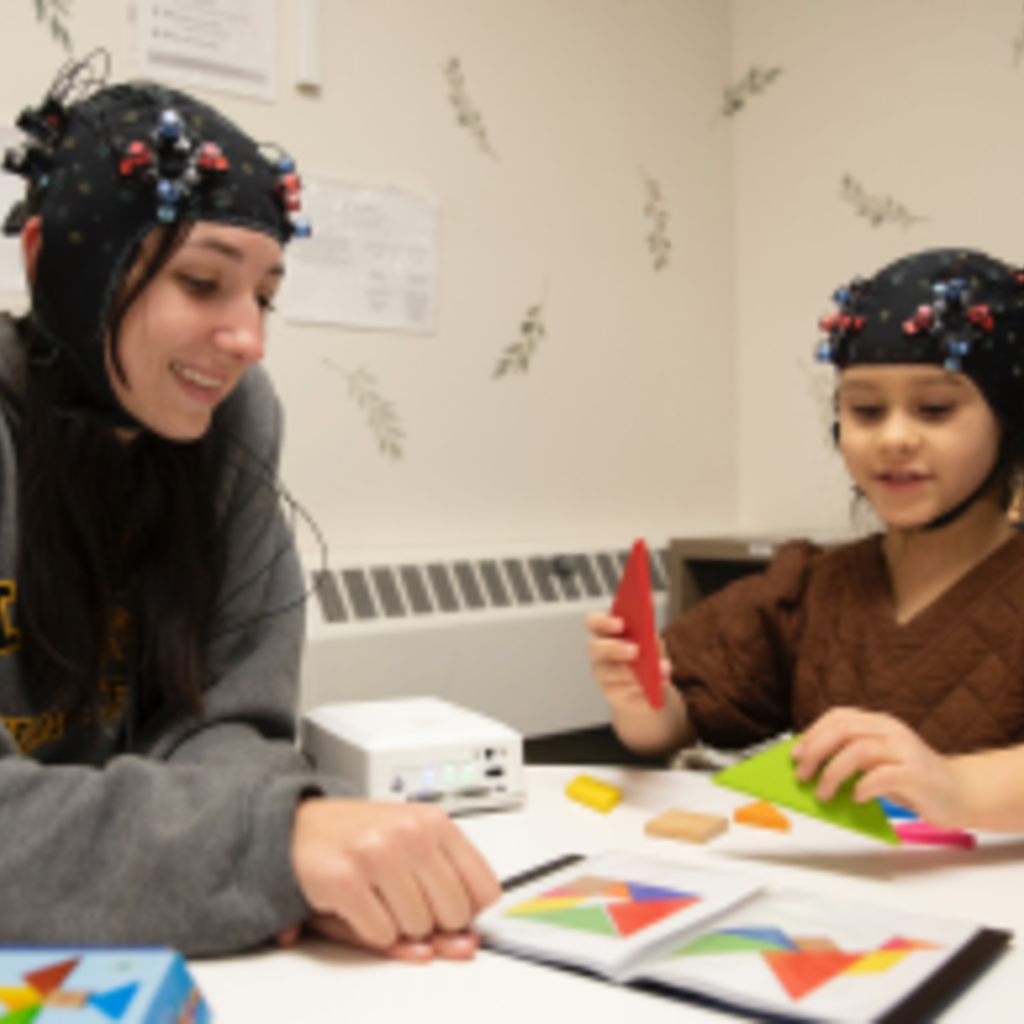
Neural Synchrony (NEST) Project
Prior developmental neuroimaging literature primarily considers the child in isolation, typically presented with unidirectional stimuli on a screen. These conventional paradigms do not capture the multimodal, dynamic, interactional nature of children’s interactions with their environment, for example, caregivers. In this line of work, we aim to pinpoint the neural underpinnings of learning processes between children and caregivers as these interactions dynamically unfold, and determine their downstream effects on child learning outcomes. To address this question, we use a relatively novel imaging method called fNIRS hyperscanning.

Math Interactions and Neurocognition (MINI) Project
Early numerical skills are foundational for later school success. In this line of projects, we examine the relations between preschoolers' early numerical skills and later emerging mathematical abilities. We seek to identify factors contributing to individual differences in early numerical skills. To address these questions, we combine naturalistic, experimental and functional near-infrared spectroscopy (fNIRS) measures.
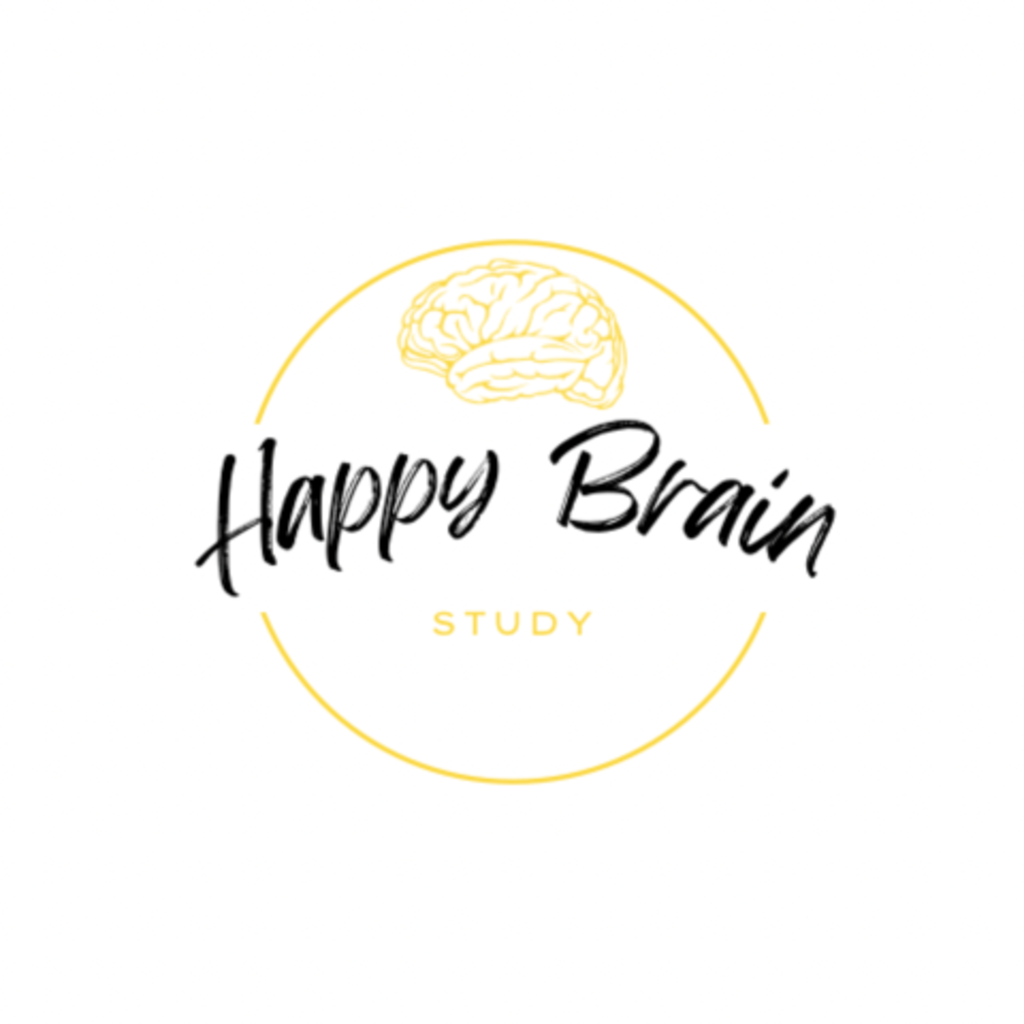
The HAPPY Brain Study
The HAPPY Brain Study is a collaborative effort by researchers in Psychological and Brain Sciences, Obstetrics and Gynecology, and Neonatology. The goal of the study is to identify factors that contribute to mental and physical health during pregnancy, the postpartum period, and among youth. For more information, please see the Happy Brain Study website.
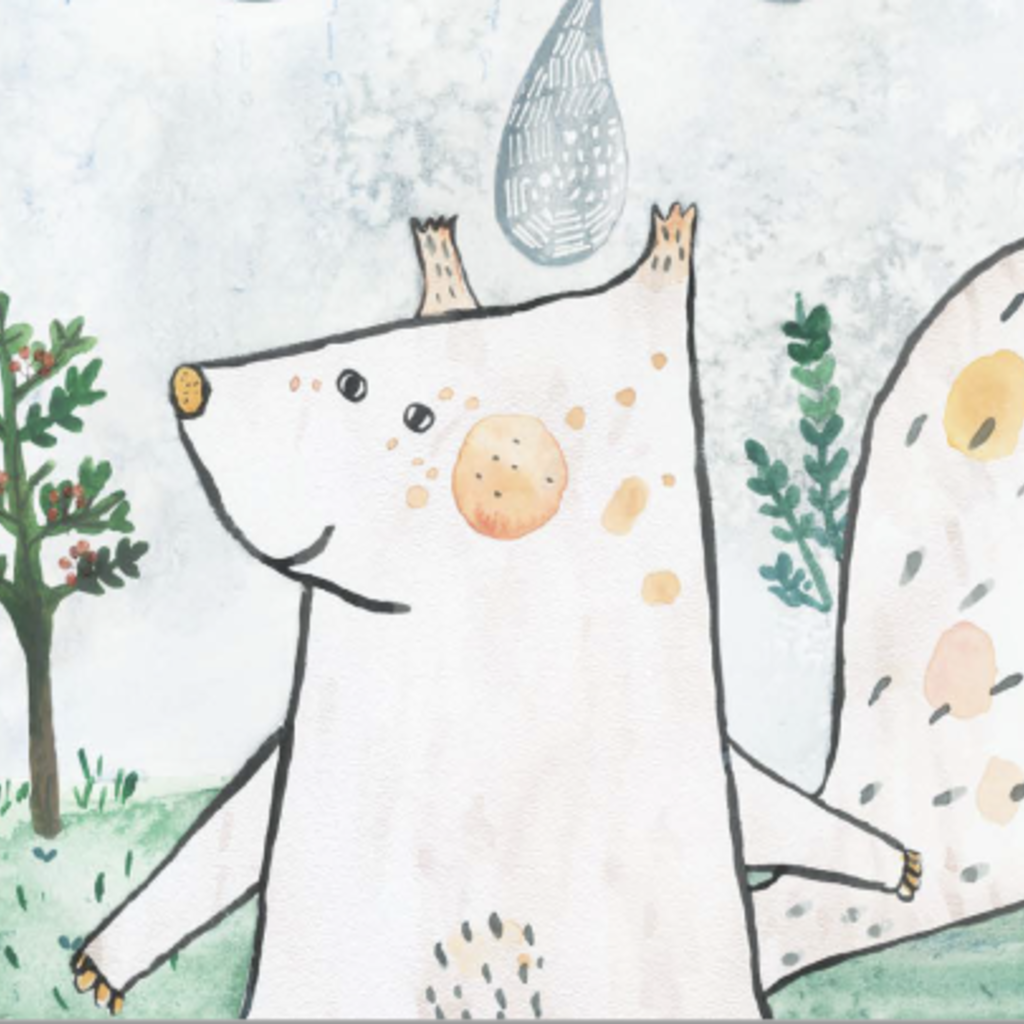
Parent-Child Interaction Intervention (PITI)
The goal of this project is to develop a parent-child interaction intervention around books and examine its effect on the development of preschoolers' basic numerical skills.
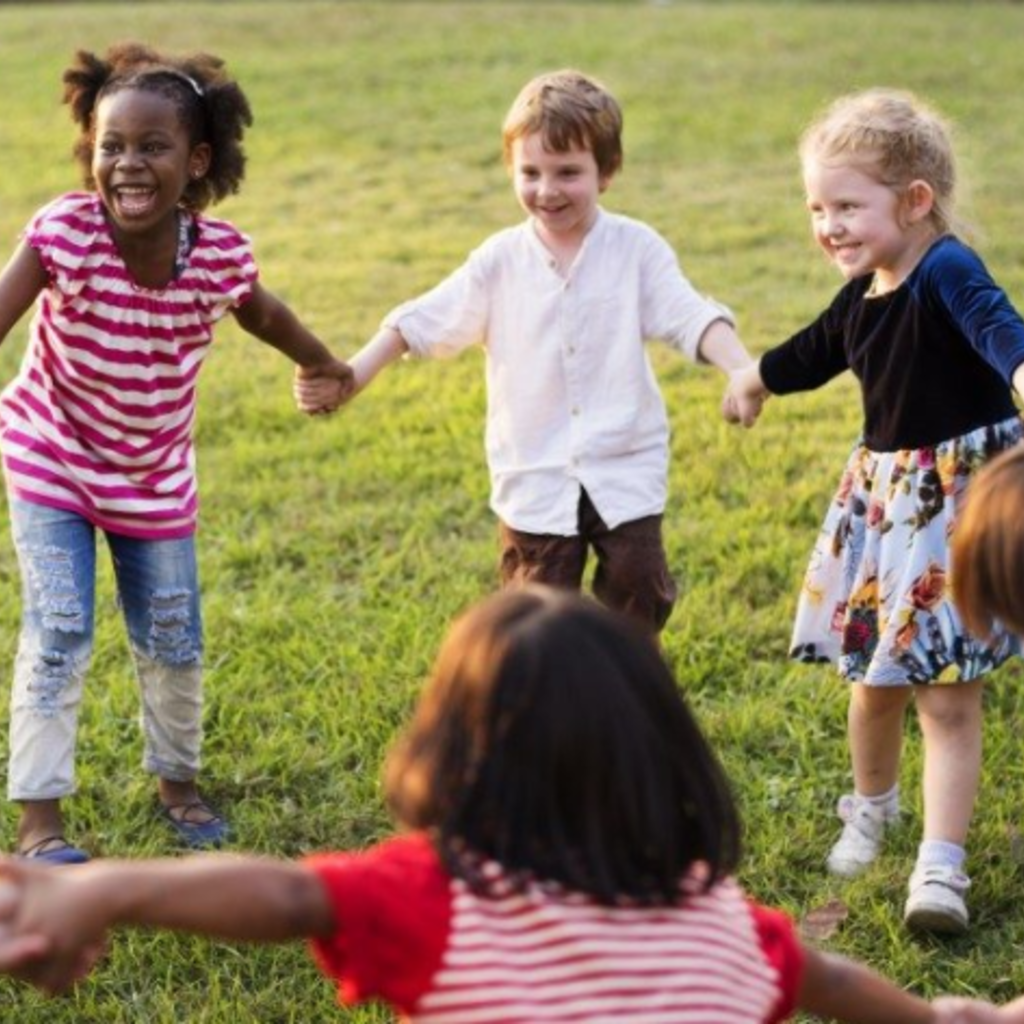
Brain Injury, Experiences and Environment (BEE) Project
An understanding of the contribution of the environment to cognitive outcomes after early brain injury is limited, despite the knowledge that the environment plays a key role in typical development and children in families with less access to resources have worse health outcomes when compared to children in families with greater access to resources. The overarching aim of this project is to understand the role of the environment in recovery after early brain injury. We use a multi-level, multi-dimensional model for the environment and include measures at various levels of analysis ranging from subjective measures to neighborhood characteristics.
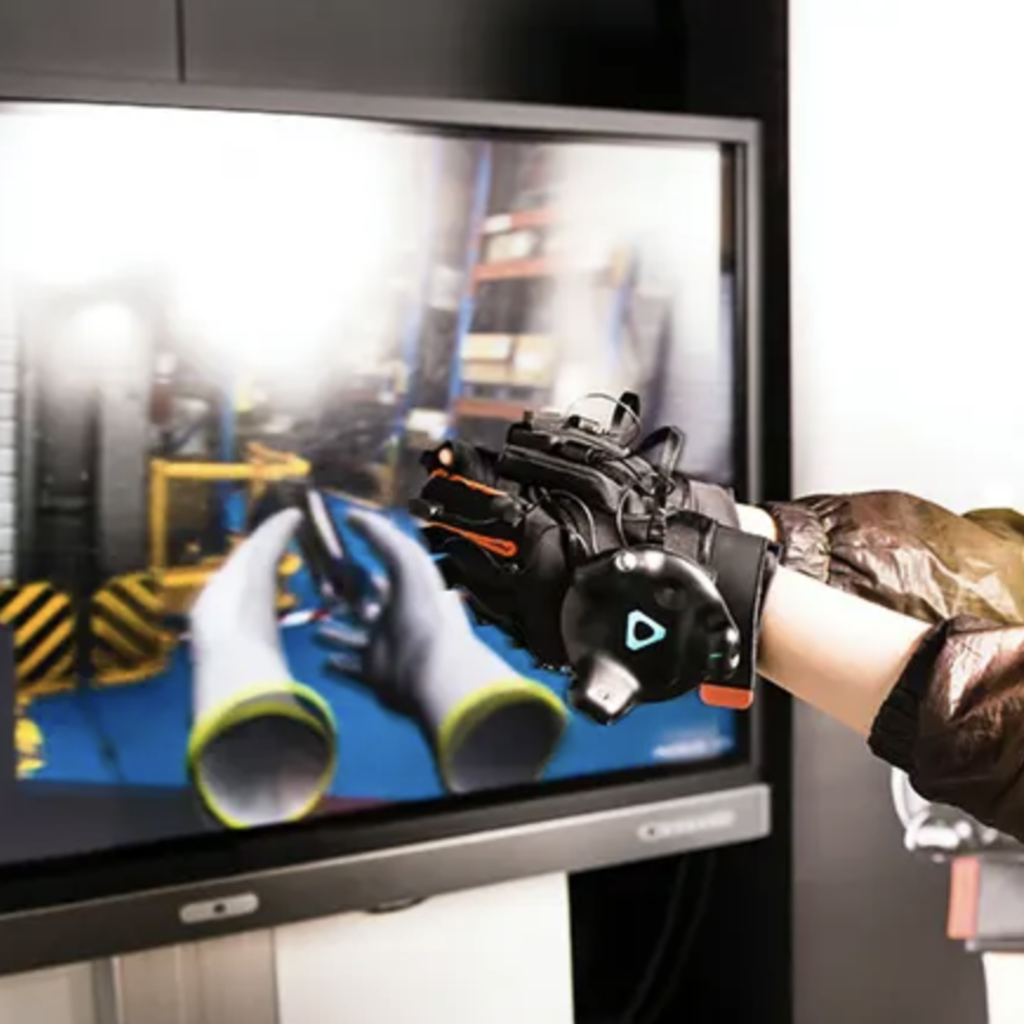
Haptic Technology Innovations to Guide Student Gesturing with Dynamic STEM Visualizations
The goal of the project is to advance innovations in haptic technologies and interactive visualizations. Haptic technology uses technology to stimulate areas of touch and motion. As part of the grant, the team will design and develop an augmented reality haptic STEM learning environment. This project is supported by the National Science Foundation. For more information, see the link.
Popular Press Coverage
Experimenting with babies: 50 amazing science projects you can perform on your kid
The Atlantic - Experiments to do with your baby
USNews - Story-telling more difficult for brain-injured children
Before their first words - Pointing gesture
The Informed SLP - Give me the beat (gestures)!